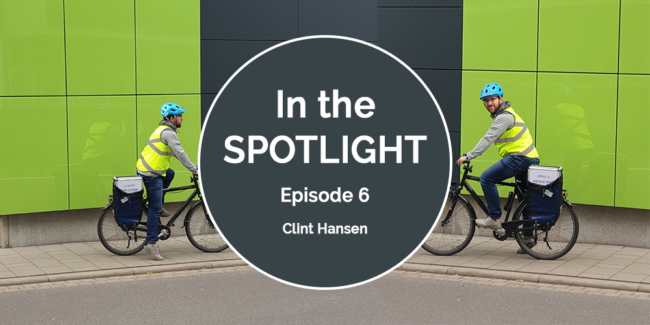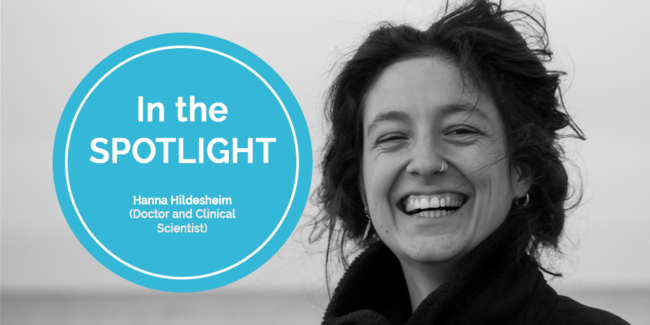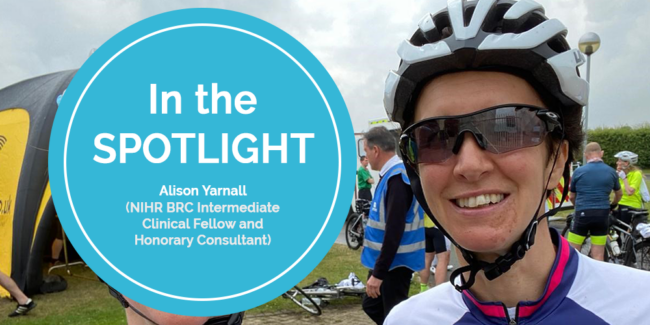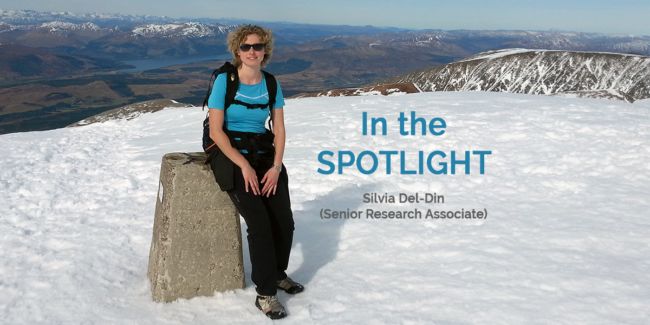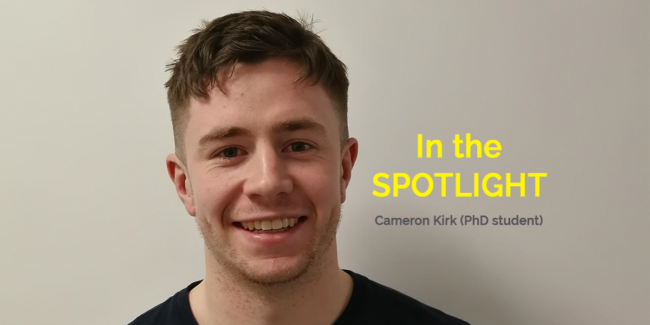Episode 7: An in-depth conversation with Francesca about research, real-world motion analysis, and personal passion
In this Spotlight episode, we delve deeper into the life and career of Francesca Salis, a 30-year-old biomedical engineer and fresh Ph.D. with a passion for real-world motion analysis solutions.…

